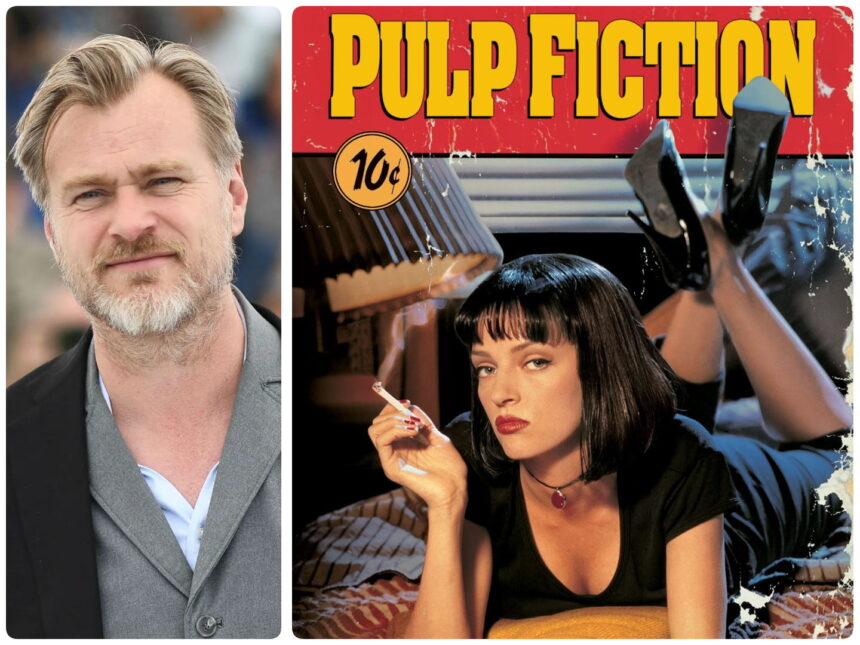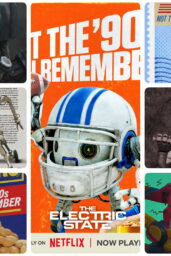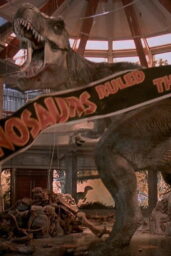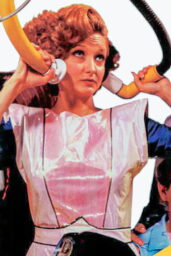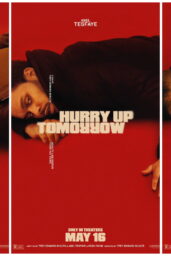Introduction: A Lesson in Patience
Imagine being handed the script for Christopher Nolan’s next film, The Odyssey. No spoilers, no trailers—just the raw, unfiltered blueprint of his vision. Would you dive in? Nolan himself faced a similar dilemma decades ago, but with Quentin Tarantino’s Pulp Fiction. Spoiler alert: It didn’t end well.
The Backstory: Nolan’s Early Days
In the early 1990s, Nolan was still climbing the ranks of Hollywood, working as an intern at a film company. Fresh off the high of Tarantino’s Reservoir Dogs, he jumped at the chance to read the script for Pulp Fiction before its 1994 release. But as he later confessed to The New York Times, this decision backfired spectacularly.
“I read the script for Pulp Fiction before I saw the movie, and I always regretted it,” Nolan admitted. “Reading the script wasn’t the same as seeing the film. And then seeing the film, having read the script, wasn’t the same as seeing the film.”
The Regret: Spoiling the Magic
Nolan’s regret isn’t just about spoilers—it’s about the loss of cinematic wonder. Pulp Fiction is a masterclass in storytelling, but much of its brilliance lies in Tarantino’s direction: the nonlinear narrative, the razor-sharp dialogue, and the iconic performances. Reading the script robbed Nolan of the full, immersive experience.
“It’s like you want to open your presents before Christmas, and then if you do, you regret it,” Nolan explained. This sentiment has clearly influenced his own approach to filmmaking. Nolan is notoriously secretive about his projects, from Inception to Oppenheimer, ensuring audiences experience his films fresh and unspoiled.
The Odyssey: A New Frontier for Nolan
Nolan’s upcoming adaptation of The Odyssey marks a bold departure from his previous work. The epic scale and mythological themes are uncharted territory for the director, and fans are eager to see how he’ll interpret Homer’s ancient tale. While the original story is well-known, Nolan’s unique vision promises to make it feel entirely new.
The Theatrical Experience: A Shared Philosophy
Both Nolan and Tarantino are staunch advocates for the theatrical experience. Nolan’s insistence on releasing Tenet exclusively in theaters during the pandemic underscores his belief in the power of the big screen. Similarly, Tarantino’s films are designed to be seen in cinemas, where their full impact can be felt.
Nolan’s Pulp Fiction misadventure serves as a cautionary tale for moviegoers: Resist the temptation to peek behind the curtain. The magic of cinema lies in the unknown, the unexpected, and the unforgettable.
Christopher Nolan’s regret over reading Pulp Fiction before watching it is a fascinating glimpse into the mind of a filmmaker who values the purity of the cinematic experience. It’s a reminder that some things are best left unspoiled—a lesson Nolan has taken to heart in his own career. As we await The Odyssey, his commitment to secrecy and spectacle ensures that audiences will once again be treated to a film that demands to be seen on the big screen.
Would you read the script for your most anticipated movie if given the chance, or would you wait to experience it fully on screen?

